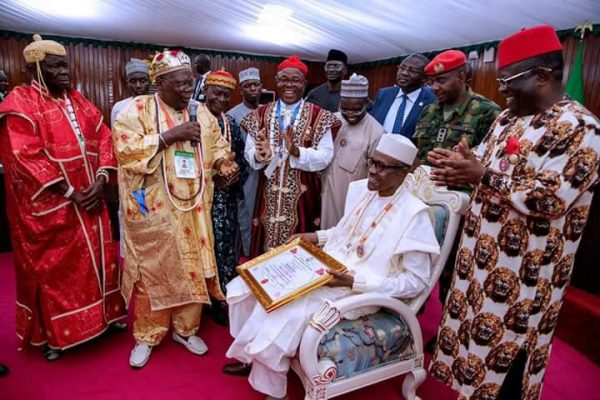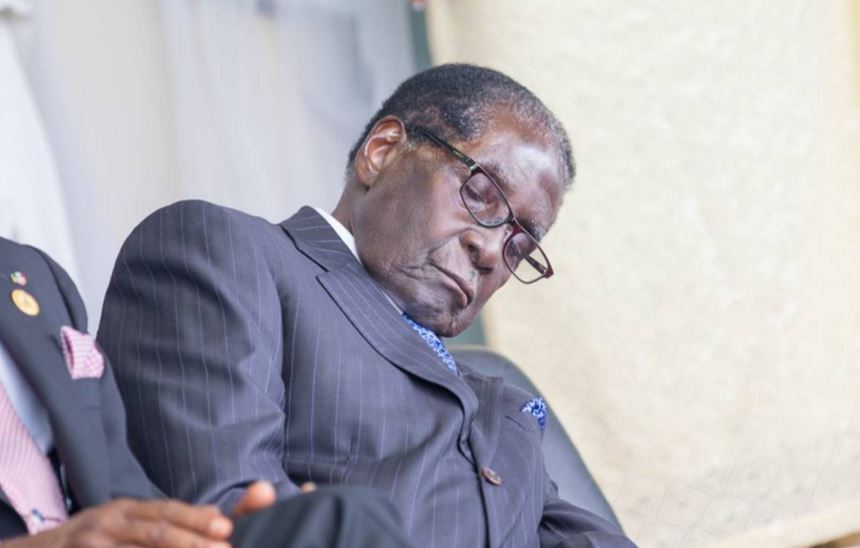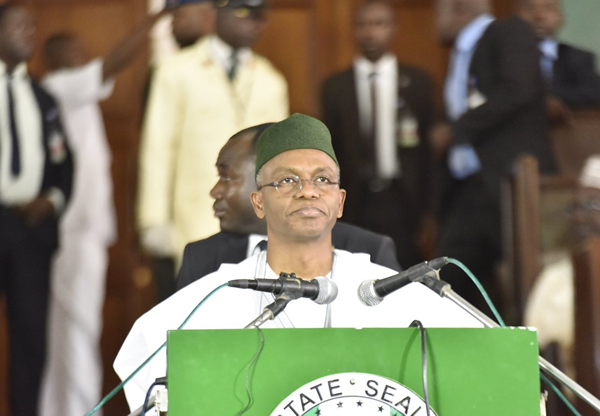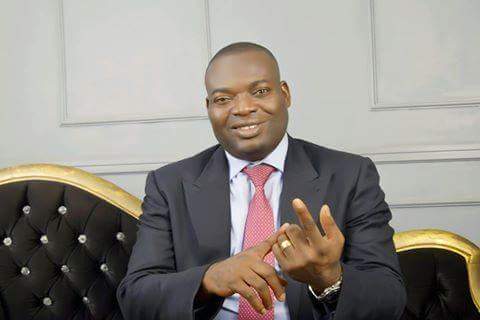Over the past couple of months, I have been talking to a particular set of women from whom I have learnt so much. Even though these women are all united by one single trade-filmmaking, I discovered in the course of the groundwork for the Ladies Calling the Shot, a book which was released in Lagos on Tuesday, that, as they say, the sky is indeed big enough for all birds to fly without any harmful happenstances.
Before this time, I had read and heard a lot about those innate talents which make collaborations between men and women an essential requirement for the optimal success of any endeavour.
For instance, various researches have proved that professional females have a significant capacity to listen, adopt collaborative approaches to problem solving, and the ability to multi-task and to synthesise a number of viewpoints effectively and quickly. These are vital competences, inherent in women, rare in men but requisite to the innovation process that our world needs for sustainable development. The reality of this seeming speculation and some others is what I have been exposed to in the close relationship that I have had with female filmmakers lately. I have identified four of such tendencies that I consider important for our everyday live.
The first very important lesson I found in the 15 women I personally interviewed is that there is always light at the end of the tunnel. Now, these ladies are in varying age brackets but each of them has faced and braved the challenges that the movie industry in Nigeria presents to all its practitioners.
Advertisement
Here, the fact needs to be stated that the troubles that filmmakers face in Nigeria bear no gender discrimination. In other words, the men and the women face the same kind of general handicaps. However, by the nature of the restrictions that our society places on women, these common challenges become more Herculean for women. Some of these problems include access to funding, high cost of doing business, power outages, insecurity and of course, piracy. There were instances in which, a lady would be on set into the wee hours of the morning and street urchins would invade with impossible demands. I found out that they moved on in all these situations always walking their way around them all. It so happened that at no time in the months within which I was speaking with these ladies did I find any one of them not working on one production or the other.
The second thing I learnt is that there is always a creative way out of every situation. Man, in the generic sense, is created to face troubles, surmount them and ultimately excel but a majority of us give up when we face very situations that should propel us into a greater future. Not so with these female Nollywood directors.
There is the story of Blessing Egbe, who, when blacklisted by cinema owners in the country after spending about N10m on the production of a film, put on her thinking cap and devised a marketing strategy which saw her recoup and pay back her investors in record time.
Advertisement
Egbe would go on to dump the cinema outlet for a while, produce television series, starting with her popular Lekki Wives, which she released on the internet and got more people viewing from Asia and other continents than the Nigerian audience. This lady who would have been silenced by the tyranny of a few businessmen found creative outlets and is today thriving in what she has chosen to do.
Another lesson I learnt is the importance of starting small and not despising those humble days. People, especially Nigerians with the realities that we currently face must realise that there is no place too small to start. I met a young lady called EmaEdosio, a graduate of Computer Science, who did not think she had enough credential to practise in this field of study at the end of her university education. She started learning to handle the camera and would, with time, hire a camera to record wedding ceremonies. From her wedding videos, she developed other capacities and eventually saved enough money to study directing at the New York Film Academy and the Motion Picture Institute of Michigan. Today, she is one of the leading filmmakers in Nigeria.
There is also the importance of holding on to your dreams. People give up on dreams too early in. Sometimes, this is because they find real juicy endeavours that pay the bills more than they envisaged but they forget that life is not really only about paying bills. There is a place for making impact and leaving legacies. I learnt from Mildred Okwo, who during her close to two-decade sojourn in the United States had a sense that she must contribute to the development of the film industry in Nigeria.
In 2006, she produced her first film and would return to the country shortly after to face the turbulence that the country and its movie industry is. It is impossible to mention top filmmakers in Nigeria today without Okwo’s name in prominence. The same can be said about Remi Vaughan Richards who is all of a director, writer, cinematographer and editor.
Advertisement
I also learnt about the need to develop oneself, never resting on one’s oars; the fact that no one should rest on the achievement of the previous day. One must keep aiming for higher grounds and preparing oneself for the challenges that the future presents. All these ladies talked about studying, knowing everything about what you do and as much as possible, about ancillary fields.
There is also a place for adventure and for daring. While some of these ladies actually set out to be directors, quite a number of them took on the role as a result of budgetary constraints, the inability of others to interpret their scripts satisfactorily, or the condescending attitude of directors in the Diaspora. This was how Ola Selhurst found herself directing Lasgidi Cops and Mildred Okwo, 30 days and Vanessa Nzediegwu, What lies within.
And then, I learnt that it is never too late to find that thing for which you have passion. In fact, there are certain times that everything you would have done in your early years is only preparatory to that one thing, which would bring you recognition. This is what I found in my discussions with the documentarist, Ronke Macaulay, whose debut documentary, Green Passport in the Rainbow Nation: the story of Nigerians in South Africa. Mrs. Macaulay has had an extensive career with an international organisation and tried her hands on other things before she found her niche in documentary making, an endeavour in which she is doing exceedingly well.
I learnt about the need for collaboration, the need to focus on your work and not get into petty rivalries, the importance of being confident in your own skin and not evoke gender sentiments to curry favour or instigate disaffection.
Advertisement
These ladies also make me see the foolishness in our country’s obsessive romance with commodity economics. With the volatility of prices and the limitation of tenure of commodities and natural resources, the nation’s focus on agriculture, solid minerals and oil and gas is plainly unsustainable. And this is what I have seen in the achievement of an OmoniOboli, whose latest film, Okafor’s Law, raked in a princely N100m at the box office of the N6bn project revenue for Nollywood in 20017 and Tope Oshin, whose round-the-clock production engages hundreds of youths.
I learnt our leaders need to have a change of heart on the focus of this economy. The truth is that the current economic outlay and dependence on oil and gas, emphasis on agriculture and other traditional economic models are incapable of repositioning the country in the contemporary knowledge economy where the creative industry, Information, Communication Technology and entertainment is redefining personal and national wealth index
Advertisement
Twitter @niranadedokun
Advertisement
Views expressed by contributors are strictly personal and not of TheCable.
Add a comment







